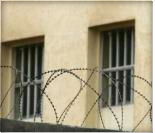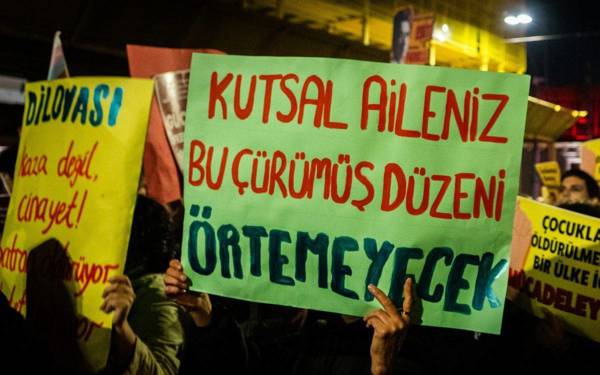Click to read the article in Turkish
Socio-Political Field Research Center (Sosyo-Politik Saha Araştırmaları Merkezi) has released the report of a study entitled, "Study on the Usage of Mother Tongue in Provinces of Eastern and Southeastern Regions.
The study, aimed at measuring the relation between socio-economic and cultural situation and the usage of mother tongue, was conducted in 49 districts in 16 provinces. Researchers had face-to-face meetings with 5,600 people at their homes.
Among the participants, 26.9 percent were illiterate and 30.2 percent had only a primary school degree. 65.8 percent of them were unemployed and 53.5 percent had a monthly income of less than 2,000 Turkish lira (~333 US dollars).
In terms of ethnicity, 78.7 percent of the participants were Kurdish, 13.9 percent were Kurdish, 4.6 percent were Arab, and 2.9 percent didn't state an ethnic identity.
Here are some highlights from the report:
- When asked which language they use at home, 65.8 of the participants said they speak in Kurmanji, 26.6 percent said Turkish, 4 percent said Arabic and 3.6 percent said Zaza language. Hence, a total of 69.4 percent of the participants spoke Kurdish (Kurmanji-Zazaki) at home.
- When asked about which language they use "on the street," 57.4 percent said Kurmanji, 38.2 percent said Turkish, 2.4 percent said Arabic and 2 percent said Zaza language.
- In the research, official agencies were identified as the places where speaking in mother tongue is least common as 88.1 percent of the participants said they speak in Turkish at official agencies. Only 11.8 percent said they speak in Kurdish at an official agency.
- At state agencies, 90.4 percent of the men said they speak in Turkish while 9.6 said they speak Kurdish. Among women, 85.9 said they speak in Turkish and 13.9 percent said they speak in Kurdish.
- It was also determined that older people use Kurdish more at official agencies.
Yüksel Genç, the general coordinator of the center, told bianet that people mostly speak in Turkish at official agencies such as schools, hospitals and municipalities because of the difficulties they experience when speaking in Kurdish.
Participants of the study said they cannot get their things done at official agencies when they speak in their first language, Genç noted.
The places where people most commonly speak in Kurdish are municipalities held by the People's Democratic Party (HDP) and hospitals, he added. (EMK/VK)





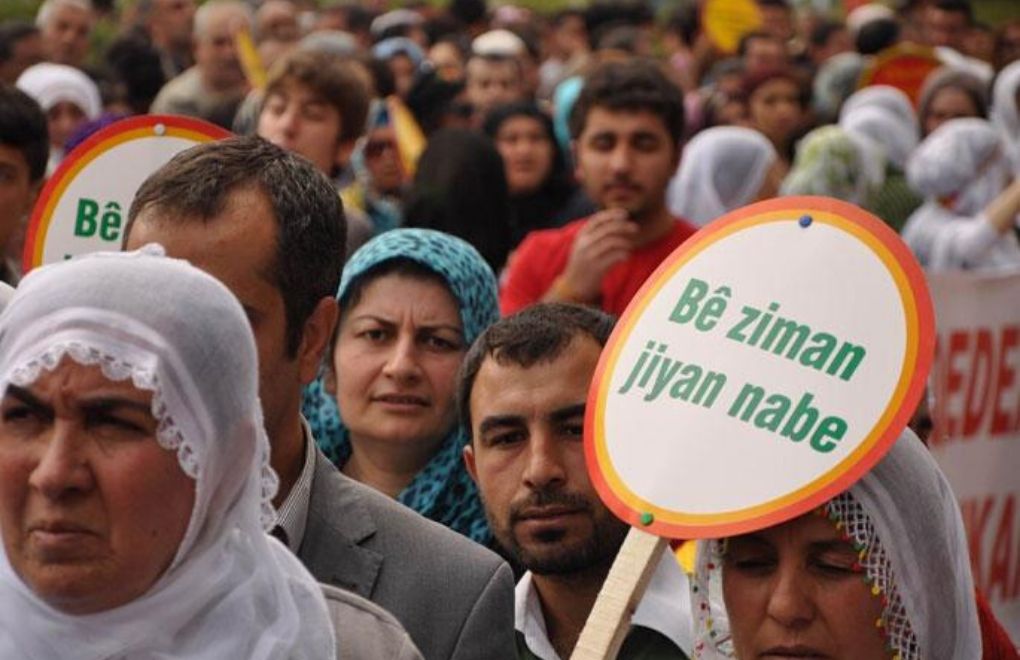

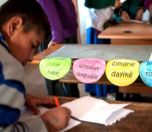
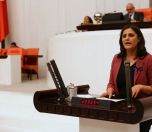

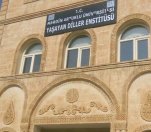
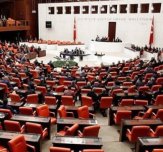
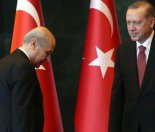
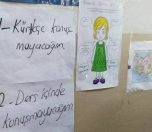
.jpg)
